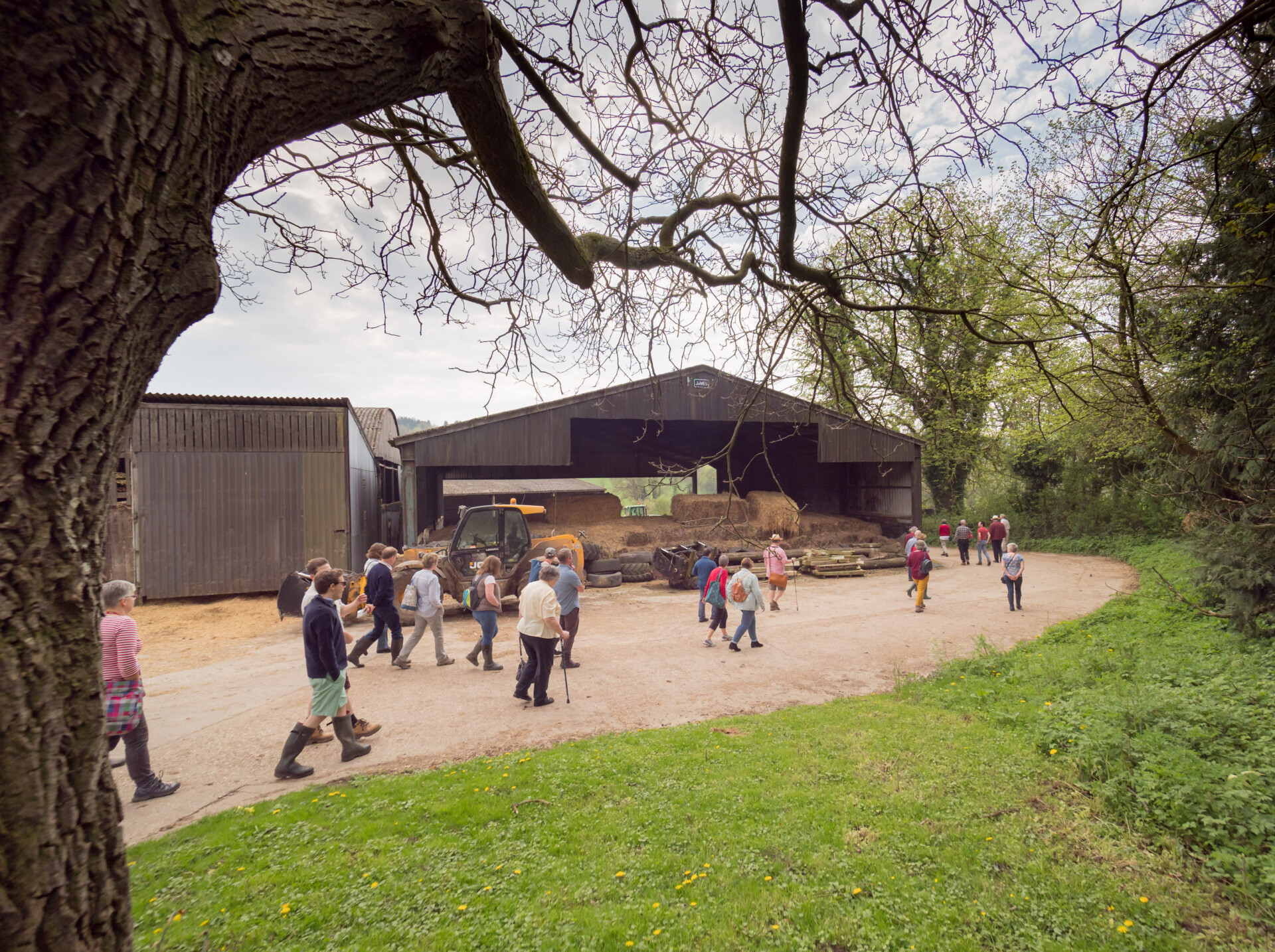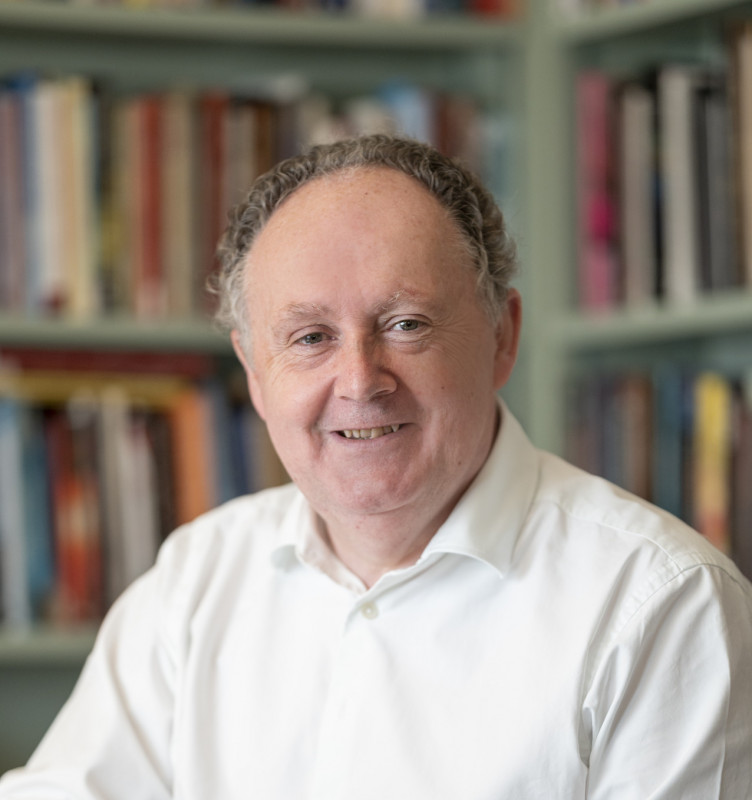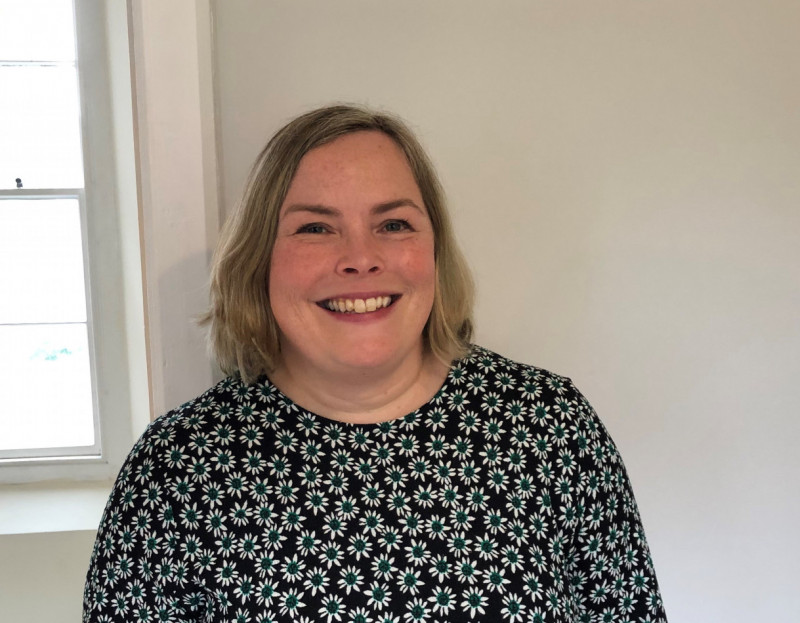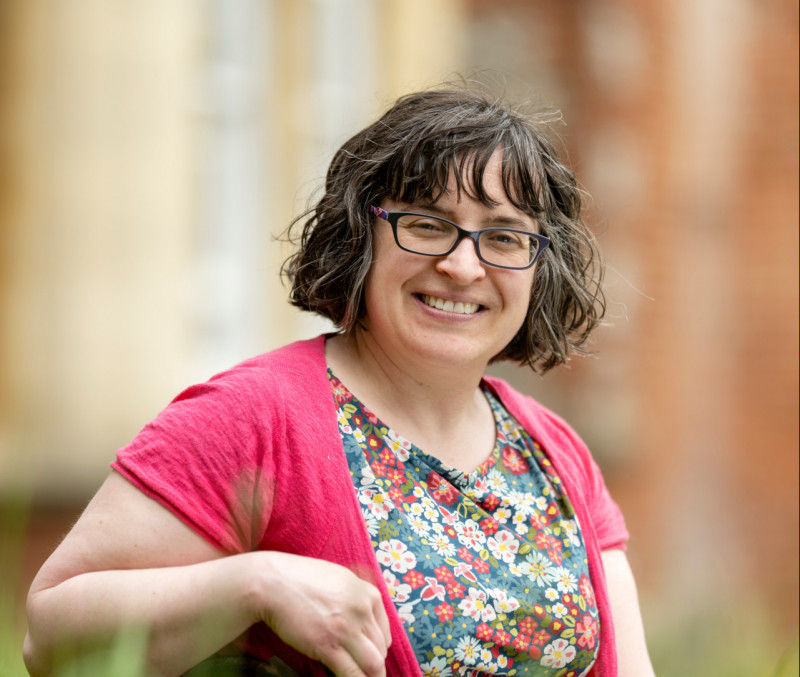- All Learning
- Ministry Pathways
- Hospitality
- Courses & Events Diary
- Course brochure

Rural ministry
Train for rural ministry
The Sarum Centre for Formation in Ministry offers this specialist pathway for ordination and lay candidates to gain insight, knowledge and experience for roles in contemporary rural churches and communities.
Students attend to the narratives of living and working in rural areas; creative mission, fresh expressions of church and church growth; intergenerational ministry in numerically small groupings; developing discipleship in small congregations; collaborative leadership in multi-church benefices; and self-care and resilience in ministry.
Students are based in a rural multi-church group with an experienced training minister. Other placements give opportunities to observe diverse approaches to mission and leadership in rural contexts.
Candidates will finish this course with a secure foundation of training for wider future deployment, but with real understanding and experience for mission and ministry in rural contexts.
Blended learning approach and participation
This programme draws upon the strengths of the blended learning approach and participation in the Sarum community.
Alongside dedicated modules in rural mission and leadership, the pathway weaves rural ministry teaching into standard modules to develop issues specific to rural multi-church contexts throughout formation.

Find out more

Jo leads on the Rural Pathway for Formation in Ministry and continues to develop material across the breadth of the curriculum to support lay and ordained whose ministry will primarily be in rural areas. Alongside this role she holds a part-time post as team vicar and pioneer priest in the Beaminster Area Team.
As part of the Beaminster team, Jo works with the church and community to explore a common way of life as a means of discipleship, to offer hospitality, and to speak about and address rural poverty.
Jo previously served as a self-supporting minister (SSM) for a couple of years in Charlton Down, a new build village without a church building, working with young families and establishing a Messy Church and pop-up community café. Her curacy was in London diocese, in outer estate ministry in Northolt in a parish of 19,000.
Learning at college, at church and at home
You are supported in your training for ordination and lay ministry through our blended learning pattern. You learn in three ways:
In community – Residential Learning
We come together at residential weekends to share in the larger group, explore a rich diversity of traditions, and enjoy food and fellowship. A sense of community is quickly built up which continues through forums and social media when apart. Each student has a Personal Tutor, and all staff and the Chaplain are available for support and questions.
The residential weekends build on the module material in discussion and teaching to support your learning. We also build on formational learning in practical aspects of ministry and self-care, group work, and ongoing theological reflection. Weekends begin with evensong in the Cathedral, students lead worship in the College Chapel, and we often join local churches on the Sunday.
Those on a LLM/Reader pathway have some differences on residency, and should discuss the details with their Diocese.
Through experience – Learning in Context
Your learning throughout the course is grounded in practice. Your main context is usually (but not always) your home church. We set up a Training Supervisor for you, often the incumbent or pastor of your main context, who will meet regularly with you help relate your training to practice.
You explore mission and ministry in a different setting through a long placement module. This is stretching, but is arranged to accommodate work and family responsibilities. Recent placements include prison and hospital chaplaincies, different local church settings, and various cathedrals including in Africa.
Residential weekends on rural, urban and interfaith ministry themes contribute further engagement with different contexts and form part of the learning in community.
In depth – Personal Learning
Our online modules enable you to pursue your personal study at a time and place to suit you. These modules also incorporate practical and reflective activities and assignments.
This guided study contains a wealth of material, including reading activities, reflection and multimedia. You have online group tutorials through Zoom with the module leader, which is efficient with time and costs. Those who travel for work find this very helpful, allowing them to attend tutorials wherever they are.
You also apply what you learn by leading a regular ‘Local Learning Group’ of people, chosen by you, who come from your home context. These groups allow you to share learning with others wanting to support you.
Time required
We work on an academic year that runs from a residential Summer School for ordinands in the week before the August Bank Holiday and goes through to mid July. Final year students finish at the beginning of June. The work is paced through the year, and a fortnight’s break is given at both Christmas and Easter in addition to the summer break. If there are emergencies such as sickness, staff are fully supportive in enabling the student to manage the situation and the work.
You will need to have somewhere quiet for study on a regular basis. You will also need a reasonable broadband connection and computer set-up that will allow you to use Zoom for tutorials.
Train part-time
Part-time you will need to give approximately 16 hours a week to your study, to attend 6 residential weekends a year and for ordinands the annual residential week in August. In the first year you will have two extra Saturdays to attend, for induction and for safe-guarding training.
16 hours is an honest average that includes involvement in church on Sundays and other formational experience, together with the work required for study, tutorials and supervisions. You will need to drop other existing responsibilities in church to make space for this. This is a commitment, especially for those in full time jobs, but it is manageable and worthwhile.
Train full-time ‘context based’
For full-time formational training, the Church of England Ministry Division asks that you work an average of 40 hours per week for 45 weeks of the year.
In this you work one day a week (voluntary) in your parish as ministry experience in addition to Sundays. You attend 8 residential weekends a year and the annual residential week in August. In the first year you will have two extra Saturdays to attend, for induction and for safe-guarding training.
You will need to give 24 hours a week to study, tutorials and supervisions.
The full-time context based training commitment is manageable and worthwhile.
A great place to study
Sarum College enjoys the wonderful setting of Cathedral Close in Salisbury. During residentials students stay in the College’s comfortable single bedrooms, mostly en-suite.
Meals are cooked and served onsite, and the Common Room bar offers space for conversation to continue into the evening.
Teaching rooms are well equipped, including for live-streamed events. The library is well-stocked with access to a large catalogue of books and journals, and you can make use of it when you like. Some use the library outside of residential periods if they are passing for work or as a study day.
Ordinands lead worship in the College Chapel at residential weekends. Here you will share the riches of your own tradition, and find new ideas about church life and worship from your colleagues and staff.
Centre faculty support you pastorally and academically at college or at home, as well as teaching on the modules. Other experts supplement the teaching programme with specialist knowledge as required.
Fees
For Church of England Candidates
For Church of England ordinands, your tuition fees will be paid for you by your diocese, as are your travelling expenses to and from Sarum College. If you are training for Licensed Lay Ministry in a sending Diocese, similarly your tuition fees are met by the Diocese. If you are a full-time contextual pathway student, you should discuss other financial implications such as maintenance grants with your Diocese. It is worth noting that if you wish to stay in College at times outside the residential periods of your course, for instance to give yourself an intensive study period, then this is possible at normal College B&B rates.
For DDOs
The Sarum College pathways are charged at the level anticipated by Ministry Division as the tuition costs per year for that pathway in the annual RME Handbook. Our Full-Time Contextual Pathways are charged at the Ministry Division tuition costs for a Full Time Non-residential Pathway per year. Our Part-Time Pathways are charged at the Ministry Division tuition costs for a Regional Pathway per year. Travel expenses are kept to a minimum by using online seminars for teaching and tutorials between residential weekends at College. If you have further questions on pathways and finances we will be happy to discuss these with you.
For those from denominations other than the Church of England
Fees may differ according to requirements, so please contact us to discuss.
Discover Sarum
Meet the team
Sign up to our newsletter
Fill in and submit the form below and we'll add you to our mailing list for news about Sarum College.
"*" indicates required fields








